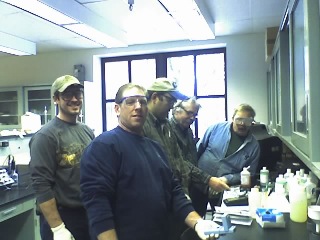wastewater
General Permit 3-9004
Clean Watersheds Needs Survey
Vermont is participating in the 2022 National Clean Watersheds Needs Survey. The survey starts March 1, 2022 and ends April 28, 2023 and performed by US EPA with participation from all of the States. The survey collects reports and cost information for all of the projects that are planned and needed by states and municipalities to comply with our Clean Water Act obligations. EPA will then compile the survey information and create a report to Congress.
Innovative and Alternative Approved Wastewater Technology
Below are several tables of information related to approved systems and products for innovative/alternative wastewater disposal practices.
Technology Approvals that are struck through have not yet met the requirements of their approval conditions. A WW Permit may not be issued until approval conditions have been met.
Village Wastewater Solutions Initiative
Villages form the heart of Vermont’s rural communities, but more than 200 villages lack community sewer systems, hampering revitalization. To overcome this challenge, Vermont has formed an interagency Village Wastewater Initiative Committee (VWIC) led by the Department of Environmental Conservation (DEC). The committee meets biweekly to discuss progress of the villages, development of tools and resources, and coordination between funders and service providers.

